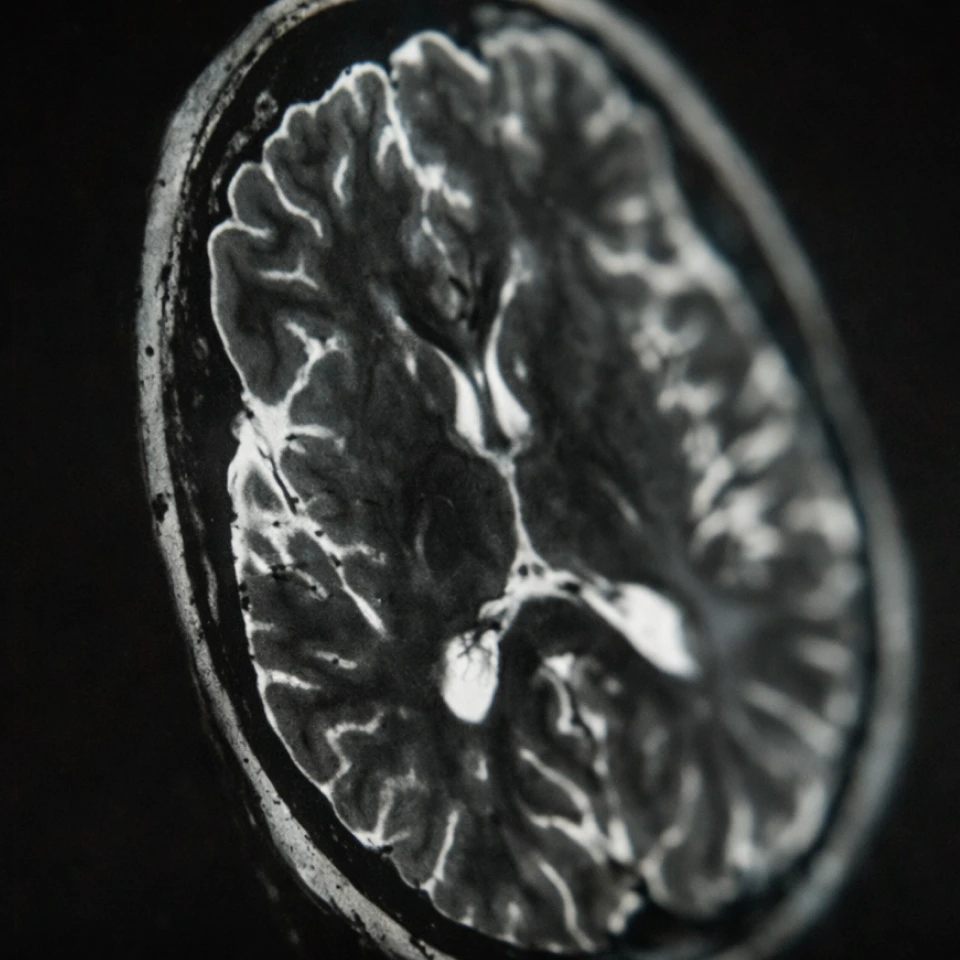Veterans work hard to help people maintain their freedom. But their selfless service can come with risks to their own health, leading to ailments that can go unnoticed until they are too late to get ahead of. Here’s what to know about what makes this population extra vulnerable, plus how early detection can help.
Research shows that United States veterans tend to have worse health outcomes than non-veterans, and are more prone to health issues like diabetes, heart disease, obesity, chronic obstructive pulmonary disease (COPD), strokes and certain cancers. These conditions, if not caught and maintained early, have the potential to severely impact one’s physical and mental health – and may even be fatal if not diagnosed until advanced stages. This heightened risk is a result of the unique situations military personnel often find themselves in, which differ significantly from those in any civilian occupation.
On the job stress
Military life can be stressful and lead to an array of mental health challenges. Engaging in combat, being away from loved ones when deploying and witnessing emotionally taxing situations in the field are just some of the experiences that can test the spirits of those in the armed forces. One study found that as many as 43% of veterans experience mental health issues, such as depression, post traumatic stress disorder (PTSD), or substance abuse.
And mental health conditions can make it nearly twice as likely to develop a physical comorbidity. People with PTSD, for instance, are more prone to developing cardiovascular disease, hypertension and obesity. Stress can also lead to lack of sleep, reduced exercise and poor eating habits, which significantly increase the risk of developing many chronic conditions.
Physical trauma
On the job training, carrying heavy weapons and equipment, accidents, and operating machinery can lead to wear and tear on the body. One report found that 30% of veterans have a service-connected disability. They can be more prone to musculoskeletal issues, joint injuries, disc degeneration, and traumatic brain injuries.
Repetitive stress on the body can lead to conditions like osteoarthritis, which can progress if left untreated. Data from the Center for Disease Control (CDC), for instance, found that female veterans aged 18-44 were 60% more likely to develop arthritis than non-veterans.
Toxin exposure
While in the field, servicemen and women have the potential to be exposed to all sorts of hazardous materials, including Agent-Orange, shrapnel, asbestos, contaminated drinking water, air pollutants, pesticides, radiation, lead, and more. These chemicals have been linked to increasing one's chances of developing an array of ailments, such as neurodegenerative diseases, liver disease bladder, prostate and lung cancer, Type 2 diabetes, and Parkinson’s disease.
Nearly half of 5 million veterans screened by the Department of Veterans Affairs (VA) were found to have come in contact with these types of toxins. And many veterans may not even know they have had this type of exposure in the past unless they were told otherwise.
A Prenuvo scan can give veterans answers – and piece of mind
Active duty is hard on the body, both mentally and physically. Many veterans who have put in years on the job worry about the long-term repercussions of what their time in the service may have had on them. Such was the case with Joshua Skovlund, a former U.S. Army serviceman who underwent a Prenuvo scan in 2024. His results showed that he had a large arachnoid cyst in his brain, a secondary injury to a traumatic brain injury sustained on the job. He also exhibited some wear and tear in his spine and disc degeneration, which is common in veterans.
Admitting to being anxious going into his scan, Skovlund found the office to be inviting, the process relaxing, and was grateful to finally have some answers.
“The biggest gift I’m walking away with is relief that I finally know what is wrong with me. I finally have the answers I’ve looked for despite many doctors refusing to take my symptoms seriously ever since my discharge from the military,” he says.
Throughout the years, Skovlund complained of ailments and was given a variety of medications to treat symptoms. Taking pill after pill, he says, was “turning me into a zombie.” Fortunately, Prenuvo has given him the answers he needed to take control of his health.
“Now, I have a plan moving forward that will help my brain and body heal, and where that is not possible, tools to help me get through the tough times,” he says, noting that “every veteran should receive this full body scan — it can literally be the difference between life and death”
With insights into his health from his Prenuvo scan, Skovlund was finally able to get a proper diagnosis, like Skovlund was able to finally do, can help veterans get on the right track to treating underlying conditions they may not have even known that they had. It can provide clarity on unexplained pain and may even give former servicemen and women peace of mind in knowing they have a clean bill of health after years of working alongside potential toxins.
In less than one hour, Prenuvo can test for hundreds of conditions, detecting everything from undiagnosed aneurysms to osteoarthritis, cancers as early as Stage 1, and Multiple sclerosis. Preunuvo’s open bore MRI scanner eases symptoms of claustrophobia, making for a relaxing scan that is performed safely without contrast, dyes or radiation. Veterans who may be nervous about their results are offered a sedative prior to their appointment and can even relax comfortably to their favorite television show or listen to music while their scan is being performed.
.png)
.png)



.webp)
